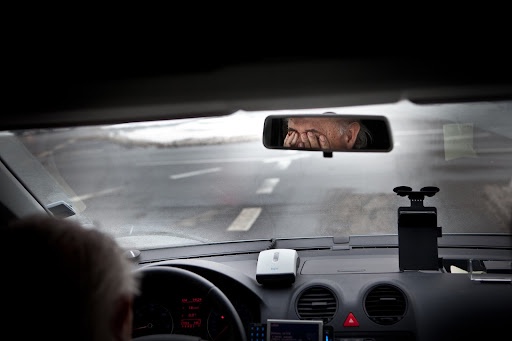A DUI typically results from driving under the influence of alcohol or drugs. Intoxicated driving impairs a person's ability to operate a vehicle safely. Field sobriety and breathalyzer tests are conducted to determine your blood alcohol content level.
If the BAC level exceeds the legal limit, you'll likely be arrested and charged with a DUI. Since a DUI charge can negatively impact your life, many people consult a top DWI lawyer in New Jersey to avoid such consequences.
New Jersey's DUI Laws Explained
Driving under the influence (DUI) is a serious offense in New Jersey, and the state has implemented various laws to ensure public safety on the roads. These laws cover a wide range of aspects related to DUI, including blood alcohol concentration (BAC) limits, penalties, and other related matters. In this article, we will discuss five of the most important DUI laws in New Jersey.
BAC Limits
New Jersey has a BAC limit of 0.08% for drivers over 21 years of age. For commercial drivers, the limit is 0.04%, and for drivers under 21 years of age, any BAC level above 0% is considered illegal. If you are found to be driving with a BAC level over the legal limit, you can be charged with DUI.
Penalties for First-Time Offenders
If you are a first-time offender, the penalties for DUI in New Jersey can be quite severe. You could face a fine of up to $500, a jail term of up to 30 days, and a license suspension of up to three months.
Additionally, you may be required to attend an alcohol education or treatment program, and you may have to install an ignition interlock device (IID) in your vehicle. This device prevents the vehicle from starting if you've consumed alcohol.
Penalties for Repeat Offenders
If you are a repeat offender, the penalties for DUI in New Jersey become even more severe. For a second offense, you could face a fine of up to $1,000, a jail term of up to 90 days, and a license suspension of up to two years.
You may also be required to attend an alcohol education or treatment program and install an IID in your vehicle. For a third offense, the penalties are even more severe, with a fine of up to $1,000, a jail term of up to 180 days, and a license suspension of up to ten years.
Implied Consent Law
In New Jersey, drivers are considered to have given their consent to a breathalyzer test if they are suspected of driving under the influence. This is known as the implied consent law.
If you refuse to take a breathalyzer test, your license could be suspended for up to seven months for a first offense and up to two years for subsequent offenses. Additionally, you may still be charged with DUI, and the prosecution may use your refusal as evidence against you in court.
Zero Tolerance Law
In New Jersey, drivers under 21 years of age are subject to a zero-tolerance law for DUI. This means that any BAC level above 0% is considered illegal for drivers in this age group. If you are found to be driving with a BAC level above 0%, you could face penalties such as a license suspension, fines, and mandatory participation in an alcohol education or treatment program.
5 Ways a DUI Lawyer in New Jersey Can Help
Here are five ways a DUI lawyer in New Jersey can help:
Providing Legal Expertise
DUI lawyers have extensive knowledge of DUI laws and can provide expert legal advice. They can explain the charges against the defendant, the possible consequences, and the best legal strategies to deal with the situation.
Representing Defendants in Court
A DUI lawyer can represent the defendant in court, which can be especially helpful for those who are not familiar with the legal system. The lawyer can help build a strong defense, negotiate plea bargains, and represent the defendant during trial.
Protecting the Defendant's Rights
A DUI lawyer can ensure that the defendant's rights are protected throughout the legal process. They can challenge the legality of the arrest, the evidence gathered, and any other violations of the defendant's constitutional rights.
Minimizing Potential Consequences
A DUI lawyer can work to minimize the consequences of a DUI charge. They can negotiate reduced charges or penalties, negotiate a plea bargain, or argue for alternative sentencing options, such as community service or rehabilitation programs.
Providing Emotional Support
A DUI charge can be emotionally taxing for the defendant and their loved ones. A DUI lawyer can provide emotional support, listen to their concerns, and help alleviate their anxiety about the situation.
DUI laws in New Jersey are strict and enforced rigorously to ensure public safety on the roads. If you are found to be driving under the influence in New Jersey, you could face severe penalties, including fines, jail time, and license suspensions.


No comments yet